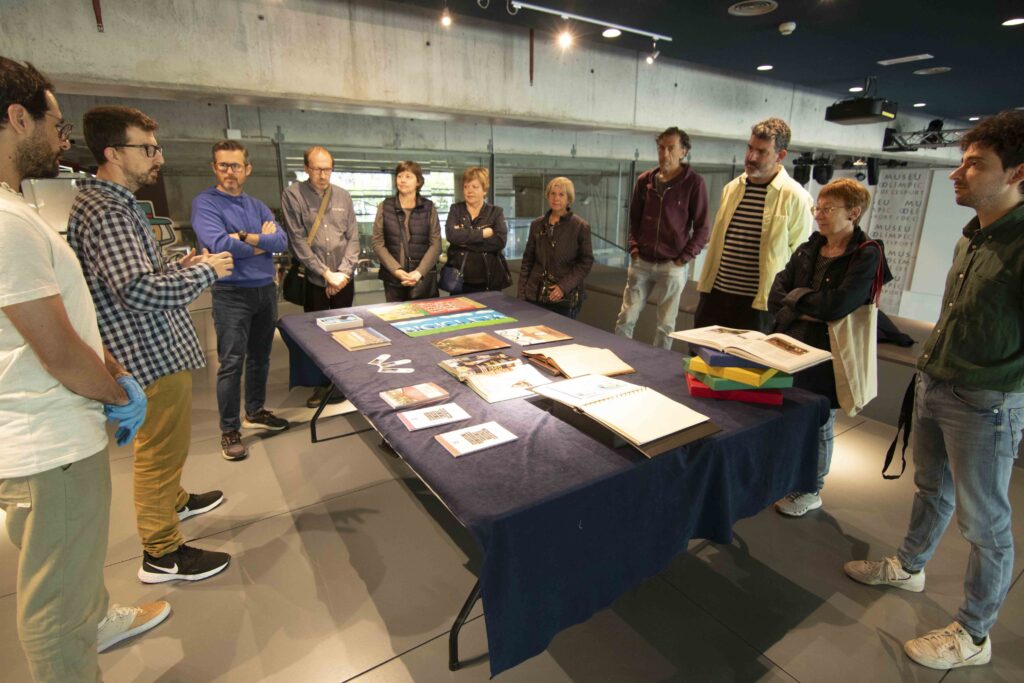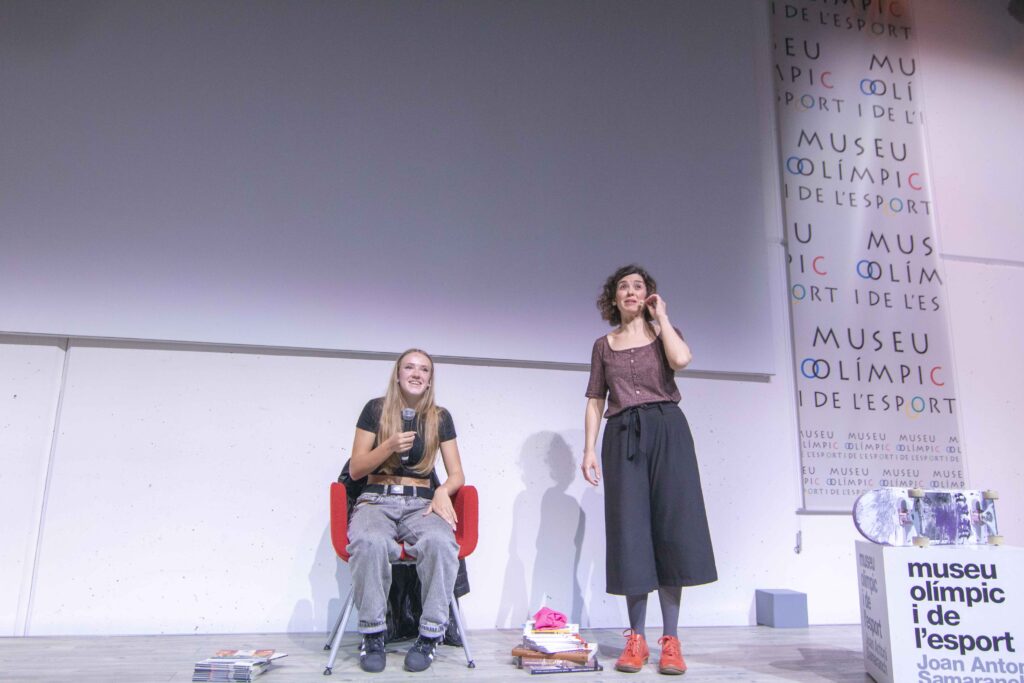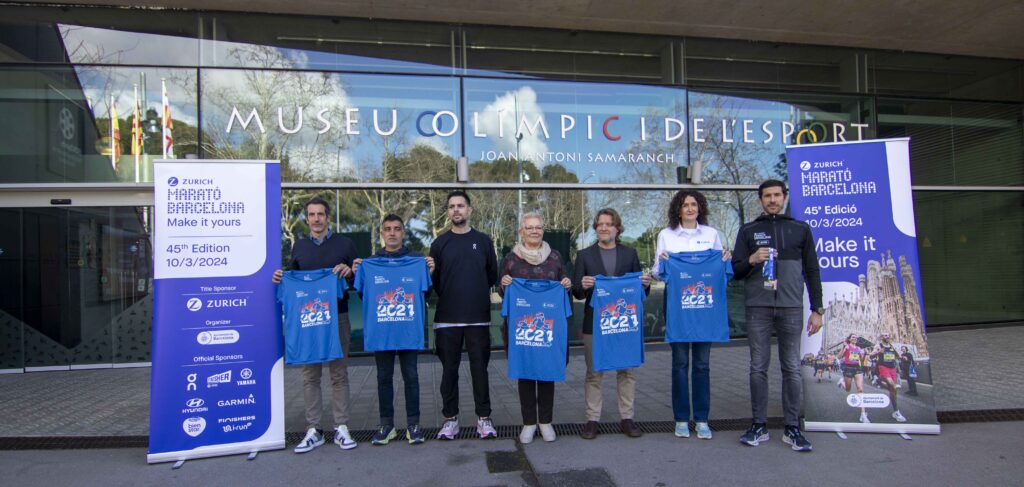REGISTRATION
On 26 October, following the official welcome by the 2017 Forum Organising Committee, Pere Miró, Deputy Director General of the IOC, will put the current state of the Olympic movement in context with an analysis of the role of the International Olympic Committee and the implications of Agenda 2020.Olympic Agenda 2020 sets out the strategy to be followed by the International Olympic Committee for the future of the Olympic movement.Pere Miró (Manresa 1957) is a graduate in Physical Education and Sports Science and was a lecturer at the INEFC (Catalan National Institute of Physical Education), director of studies and head of this centre, and then director of the INEF (National Institute of Physical Education) of Catalonia until 1988.He became Deputy Director of Sports for the Barcelona’92 Organising Committee and was the first Sports Assistant Director, subsequently occupying the post of Assistant Director General of Operations for the Olympic Games. After the Barcelona Games he moved to Lausanne, taking up the same responsibilities in the IOC, where he has worked in various posts over the years. Pere Miró is currently International Olympic Committee (IOC) Deputy Director General for Relations with the Olympic Movement, as well as continuing to act as director of Olympic Solidarity and head of the department of relations with national Olympic committees.After Pere Miró’s speech, Washington Fajardo, architect of Rio de Janeiro City Council, together with a representative of Tokyo 2020 (to be determined), will provide a view of organising an Olympic Games under the guidelines of Agenda 2020, setting out all the implications, requirements and advantages of applying this agenda in host cities.Washington Fajardo has worked on projects connected with urban planning problems and since 2009 he has been a member of the local government of Rio de Janeiro as Under-Secretary for Cultural Heritage, Urban Intervention, Architecture and Design. In 2012 he became President of the IRPH (Rio World Heritage Institute). This municipal body is responsible for protecting the cultural, historical and urban aspects of the heritage of this city, awarded World Heritage status by UNESCO in 2012 in the Urban Cultural Landscape category.The afternoon session will open with a presentation from Lluís Millet, the lead architect of the Infrastructure Department of COOB’92 (the Barcelona’92 Olympic Organising Committee) and Enric Truñó, Barcelona’ Sports and Olympic Games Councilor.Lluís Millet is an architect specialising in urban planning. He was Director of Infrastructure and Urban Planning for the Barcelona 1992 Olympic bid (1983–1986). Subsequently he became Director of the Infrastructure Division of the COOB’92 (1986–1992). After the Olympic Games he joined the City Council of Barcelona as Director General of Museums and Libraries (1992–1993). He is currently president of Millet, Biosca and Associates SLP, an architectural services company which collaborated in the Madrid 2012, Seville 2008 and Rio 2004 Olympic bids, the Jaca 2010 Winter Olympics, the Barcelona 2003 World Swimming Championships and the Almería 2005 Mediterranean Games, among other events.The second part of the session will include contributions from representatives of cities that have organised Olympic Games since Barcelona’92: Lillehammer 1994, Athens 2004 and London 2012.Among those present will be Anders Lindstad, Professor at Lillehammer University College in Norway, Kostas Georgiadis, Professor at the University of the Peloponnese in Greece, and Simon Cooper, Head of Sport at the Greater London Authority. The second day, 27 October, will be devoted to the legacy of Barcelona’92. It will offer a perspective, 25 years after Barcelona’92, on the current state of affairs in 4 fundamental areas: facilities management, tourism, the Paralympic movement and sportspeople.The first round table will consist of Arseni da Palma, Director of the Castelldefels Olympic Canal, Miquel Noguer, Mayor of Banyoles, and Daniel Nart, Councillor for Sport in Terrasa.These municipalities were sub-venues during the Barcelona’92 Games – canoeing in Castelldefels, field hockey in Terrasa and rowing in Banyoles. Their facilities, inherited from the Barcelona’92 Games, are currently fully operational and available for public use.Next, Carles Murillo, Professor of Economics at Pompeu Fabra University, will explain how the Barcelona’92 Olympic Games influenced the city’s current tourism model. The Olympic Games were Barcelona’s best letter of introduction to the world.The last section of the Forum will address the area of sport.The first presentation will be given by Miquel Sagarra, executive of the International Paralympic Committee, who will speak about the great leap forward taken by Paralympic sport as a result of the Barcelona Games.Miquel Sagarra (Sabadell 1953) was a member of the Management Committee of the 9th Paralympic Games in Barcelona 1992 and head of the Spanish delegation during the Paralympic Games. He has been a member of Board of Directors of the International Paralympic Committee since 2009 and is currently Secretary General of the Spanish Paralympic Committee, a post he has held since 1996.The Olympic Forum will conclude with an overview of the state of Spanish sport and sportspeople. For this purpose the round table will be joined by Ricardo Leiva, Director of Sport of the Spanish Olympic Committee, and the Olympic medallists Carolina Pascual, Spanish woman to win an Olympic silver medal (Gymnastic Artistic), and Jordi Sans, 5 times an Olympic competitor in waterpolo, with a silver medal at Barcelona’92 and gold at Atlanta’96. Among the topics for discussion will be the importance of the ADO Plan and how some of the resources made available to high-level sportspeople have developed.





